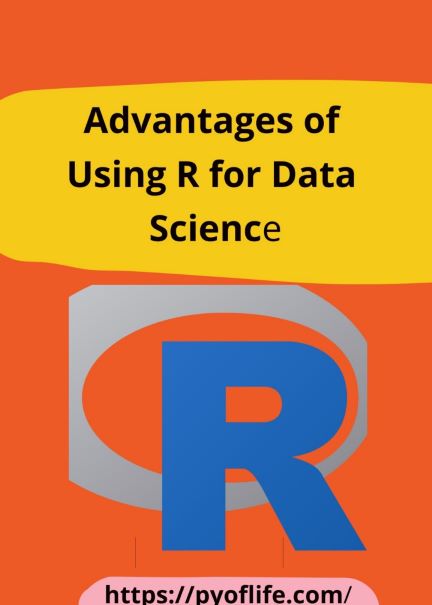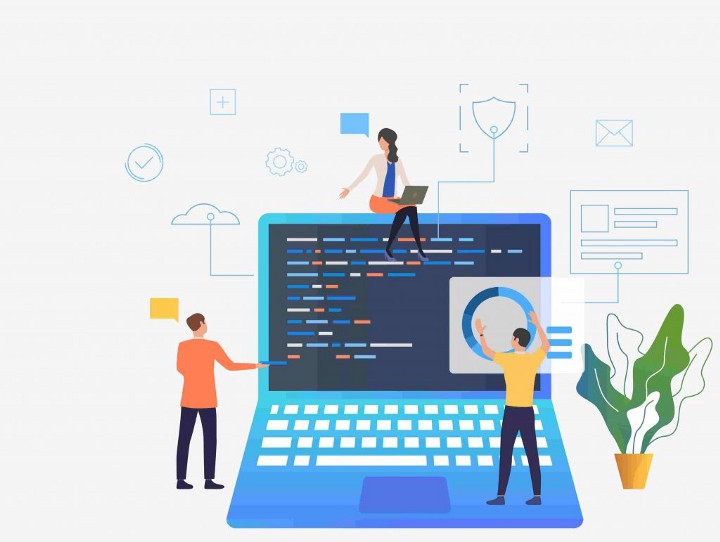| Reading data | Data cleaning | Data analysis | Data visualization | Misc |
|---|---|---|---|---|
| datapasta | naniar | effectsize | squisse | beepr |
| vroom | skimr | compareGroups | ggThemeAssist | emo |
| rio | janitor | ggcor | calendR | |
| sqldf | ggstatsplot | todor | ||
| reticulate | ggtech | |||
| rayshader |
1 R Markdown Homework
1.1 About me
Hello, my name is Egemen Onat Atam. I graduated from Business and Law departments of MEF University. After working as a lawyer for a while, I resigned about 2 months ago. At that time, my master’s application was finalized and I wanted to give my full focus to this department. I want to develop myself further by synthesizing the competencies I already have with the achievements I will gained in this program. For instance, Data science, machine learning and big data analysis can be and will be beneficial in the field of law. Although the legal sector has difficulties in adopting a new technology and integrating it with them, it will not be able to escape from digitalization sooner or later. As a matter of fact, the data created by the legal system is increasing and digitizing day by day, and we see that case decisions and case-laws are now transmitted and stored electronically, especially with the UYAP (National Judicial Network Information System). Also, such matchups of attorneys with machine learning, big data, and analytics offer a potent combination that may help law firms better and more effectively serve their clients while also figuring out methods to set themselves apart from rivals, do a better job of keeping clients, and bring in new ones. While this change is taking place, I want to be a part of this process with the competencies that this program has given me.
1.2 Rstudio Global - Advocating for Automation: Adapting Current Tools in Environmental Science through R
In this talk Hannah explain why we should automate. She starts with showing us workflows that one with reactionary workflow and one with automated workflow to elaborate the differences. After that she tell us pros of automation; reproducibility, saves time, less human interaction means less errors.Then tells us she love using officer.A R package that lets R users manipulate Word (.docx) and PowerPoint (*.pptx) documents. In short, one can add images,tables and text into documents from R.The reason she mention this package because she believe that automation can start on a small scale and officer in a way automate some process.
The presentation continued by giving example about real life automation solution for ProUCL.The automation is a simple clicking for you automation. It can be sound silly and unnecessary but it long run it saves time .After that they discuss about pros and cons of this particular automation.
1.3 Advantages of Using R for Data Science
Post is about Advantages of Using R for Data science and mention these advantages. There are 5 advantages below:
- Free and Open Source
- Extensive support for statistical modelling
- Extremely easy data wrangling
- The connection with NoSQL databases
- Advanced visualizations
1.4 Python vs. R In Data Science & Machine Learning
In article there is a comparison between R and Python. It starts with differences between them. Then switch to similarities. These differences and similarities are mainly in syntax, libraries, and community support. After finishing comparison article asks and answers this question, which one should we learn to become a data scientist? It tells us the choosing between R and Python depends to our programming skills. Also, it depends which type of data science we want. If we want to focus more on machine learning R is more suitable. If we want to become Excel Wizz then python is our language. Towards the end of the article, the use of two programming languages in the field of artificial intelligence is mentioned.
1.5 20 Useful R Packages You May Not Know About
The packages/add-ins that this article covers below:
I will shortly explain one of packages/add-ins for each area that I find most useful or most entertaining, otherwise I thought it would be too long.
1.5.1 Reading Data - datapasta
Datapasta allows you to copy-and-paste any HTML or Excel Tables into R.
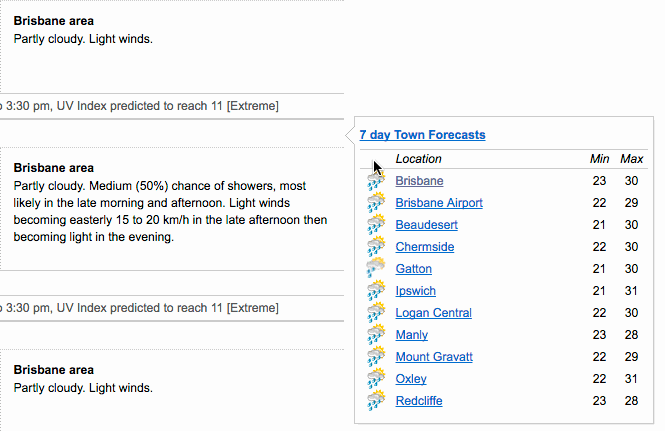
1.5.2 Data cleaning - skimr
Skimr can quickly create summary statistics of a data frame. It extends beyond the summary() function in R.
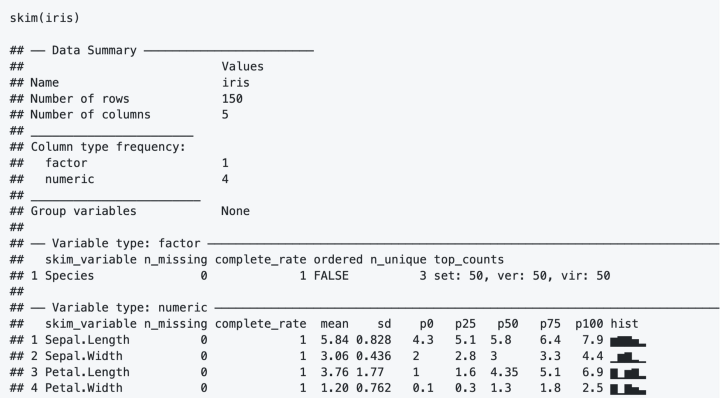
1.5.3 Data analysis - compareGroups
You can quickly create tables with results of univariate analyses, stratified by categorical variable groups using the package.
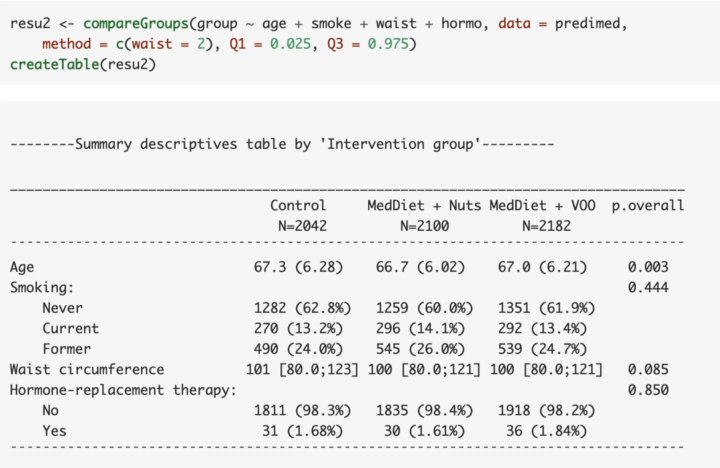
1.5.4 Data Visualization - esquisse add-in
You can create plots by dragging and dropping.
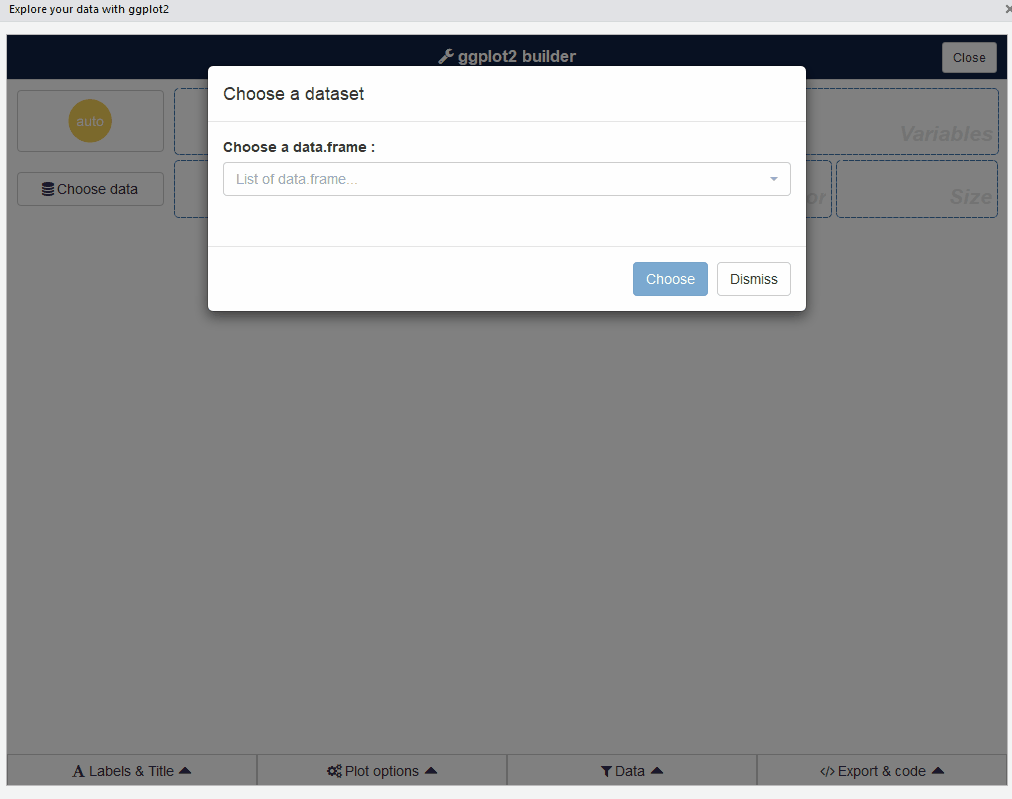
1.5.5 Misc - emo
The package allows users to easily insert emoji into RMarkdown.

